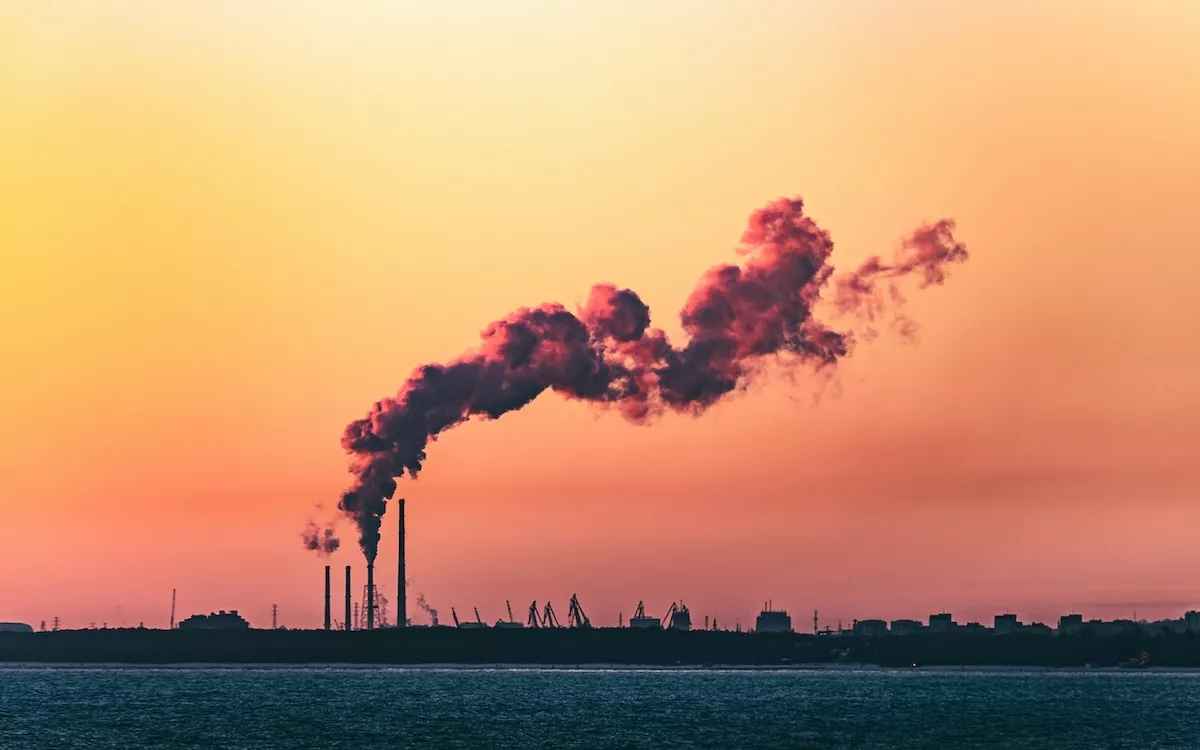After months of political stalemate, EU environment ministers have reached a long-awaited agreement on the bloc’s revised climate law, setting the stage for a formal commitment to the 2035 climate target to be presented at COP30 in Brazil next week.
Meeting in Brussels on Wednesday, the 27 environment ministers endorsed a plan to reduce net greenhouse gas (GHG) emissions by 66.25% to 72.5% below 1990 levels by 2035. The target covers all sectors of the economy and all major greenhouse gases, including methane. It forms part of the EU’s broader climate strategy to cut emissions by 90% by 2040, a goal that is to be submitted to the United Nations Framework Convention on Climate Change (UNFCCC) as part of the bloc’s contribution under the Paris Agreement.
“We are sending a strong signal ahead of COP30 that we remain fully committed to keeping the goals of the Paris Agreement,” said Lars Aagaard, Denmark’s Minister for Climate. “It enables us to push for more global climate action when we meet the rest of the world in Belém.”
Push for ambition and implementation
The agreement comes at a critical time for the EU, which has faced increasing scrutiny over the pace of its green transition and its role in leading international climate efforts. With COP30 set to begin next week in the Brazilian city of Belém, EU officials say this year’s summit must demonstrate that the transition to a clean economy is irreversible.
“This COP is about ambition and implementation, and about closing the emissions gap,” said a senior European Commission official. “We want to show the Paris Agreement is working and delivering.”
A key theme at COP30 will be climate finance, particularly for vulnerable countries in the global south. In 2024, the EU and its member states contributed €31.7 billion in public climate finance, with an additional €11 billion in private investment mobilised to help developing countries cut emissions and adapt to climate impacts.
The role of carbon pricing
The Commission is also expected to push the global conversation on carbon pricing, which it describes as a top priority. The EU’s Emissions Trading System (ETS) raised around €40 billion last year, much of which was reinvested in green innovation and infrastructure. A new carbon border tax, due to begin in January 2026, is expected to provide further funding for the transition.
Despite the progress, some environmental groups remain cautious. Maja Pozvek of the Clean Air Task Force said the agreed 2040 trajectory falls short of what is needed.
“If the EU is serious about decarbonisation as part of its growth strategy, it must champion clean technologies and seize the first-mover advantage,” she said. “Settling for the lowest common denominator is not enough.”
Stay updated with Monaco Life: sign up for our free newsletter, catch our podcast on Spotify, and follow us across Facebook, Instagram, LinkedIn, and Tik Tok.
Photo credit: Marek Piwnicki, Unsplash
